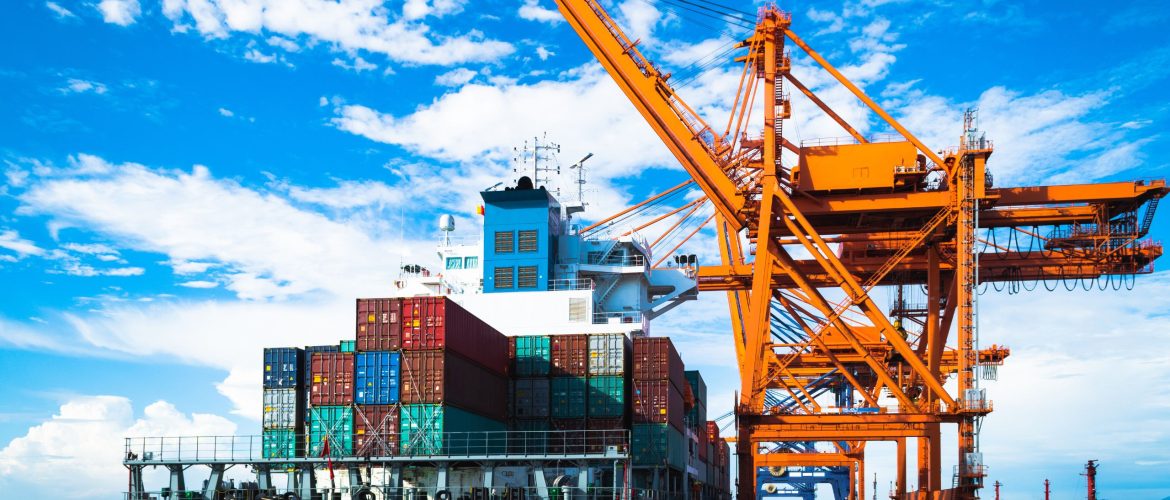In the world of logistics, every shipment reflects careful planning, detailed calculations, and complex market dynamics. Freight rates are more than just figures, they mirror the intricate interplay of supply chains, trade flows, and operational efficiencies.
At ALSI Oman, we go beyond simply providing a price quote. Our goal is to offer transparency and predictability to businesses relying on efficient global transportation.
- Core Elements: Distance, Transportation Mode, and Cargo Size
The base of any freight rate depends on how far goods must travel, the mode of transport used, and the cargo’s size or weight. Air freight emphasizes speed but comes at a higher cost, sea freight maximizes bulk shipments economically, and road freight balances flexibility with distance. Charges may be based on actual or volumetric weight, ensuring space utilization is fairly accounted for.
- Fuel Costs: A Critical, Fluctuating Component
Fuel prices are central to transport costs, with variables such as bunker adjustment factors for sea freight or fuel surcharges for airfreight adjusting rates according to global energy price shifts. This keeps operations viable amidst market volatility.
- Port Fees, Handling, and Terminal Expenses
Cargo passes through multiple operational points including ports, customs, and warehouses, each imposing fees for handling, storage, and security. These charges are integrated into the total freight cost, often prorated in consolidated shipments to optimize logistics efficiency.
- Customs Regulations and Tariffs
Trade policies, tariffs, and customs duties differ worldwide, influenced by trade agreements like Free Trade Agreements (FTA) or local import regulations. ALSI Oman’s customs clearance experts ensure smooth navigation through these complexities to prevent costly delays and penalties.
- Market Dynamics and Seasonal Influences
Global trade patterns affect freight pricing, with high-demand periods and market imbalances such as container shortages or port congestion driving price fluctuations. Awareness of these trends enables smarter shipment planning and budgeting.
- Added Services and Risk Considerations
Specialized services including cargo insurance, temperature control, or handling hazardous goods increase costs but provide essential protection and compliance. These value-added components factor into the overall freight rate.
Precision in Pricing Every Shipment
Freight rates reflect a careful balance of cost-efficiency, speed, and reliability. At ALSI Oman, transparency and detailed breakdowns of each component empower our clients to plan shipments confidently, knowing every cost element is clear and justified.
Because in logistics, understanding your freight rates is the first step toward mastering your supply chain.










